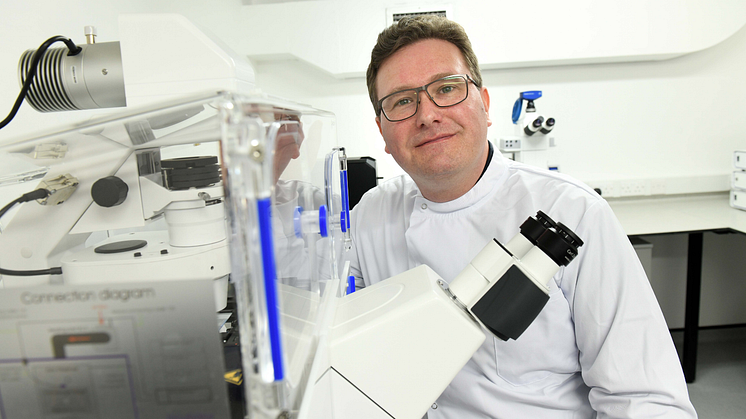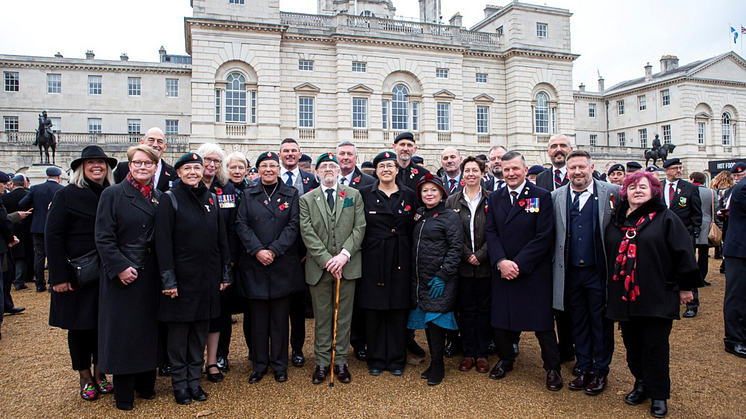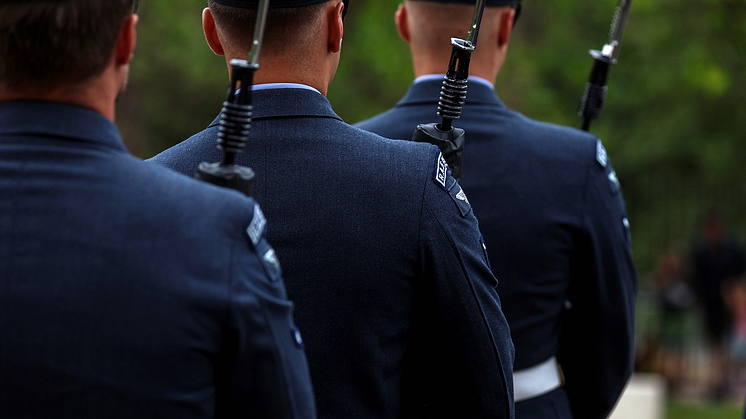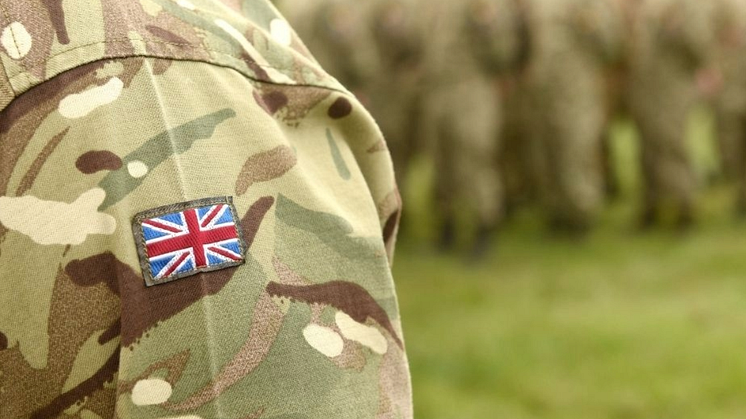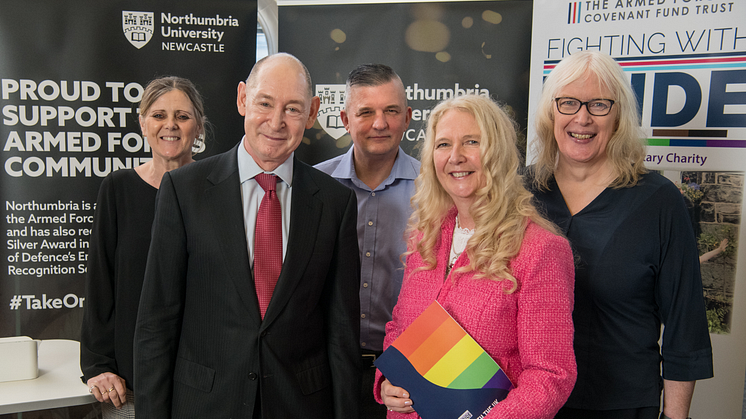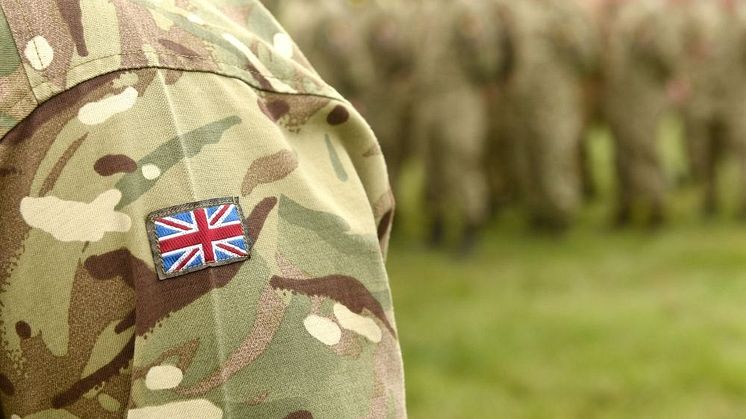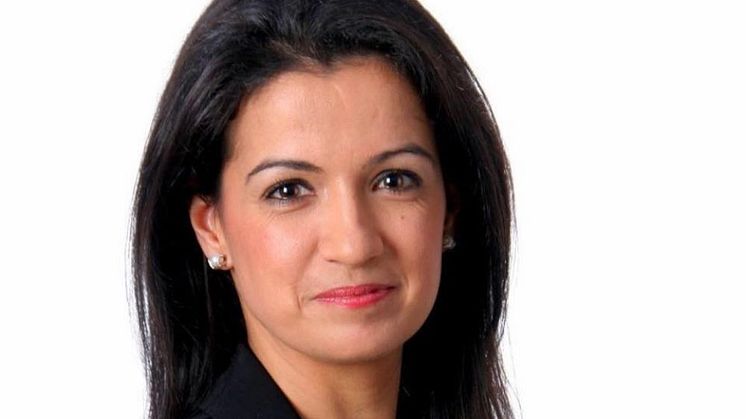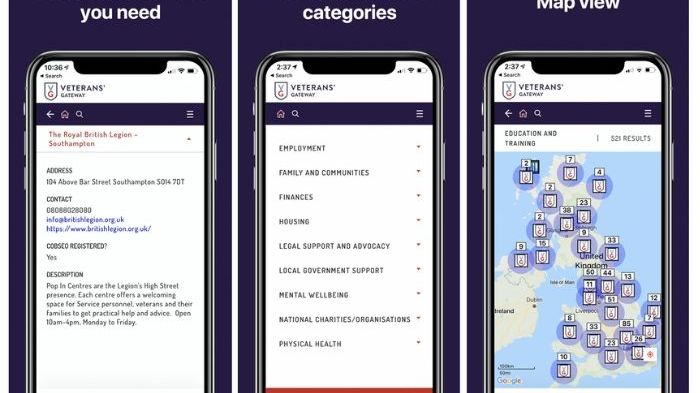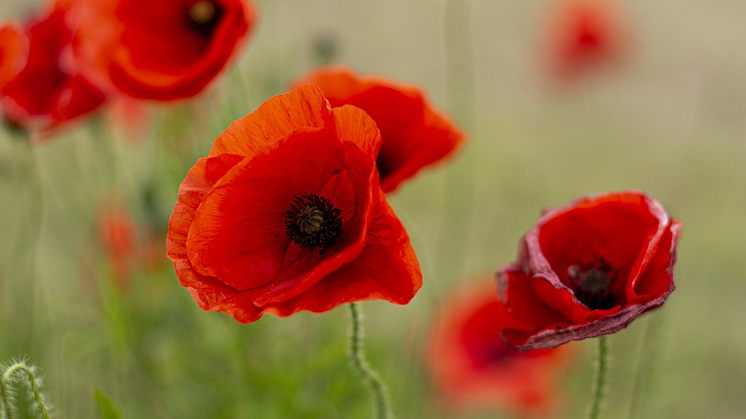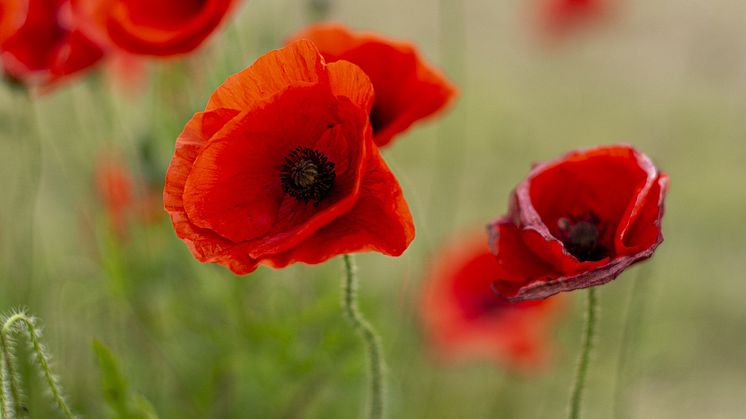
Press release -
Bereaved, then abandoned: Call for better support for military widows
People whose partners died while serving in the Armed Forces say they feel overlooked and let down by the military community, according to a report published today by Northumbria University.
For many people, marrying someone in the Forces can mean living on base, regularly relocating, and losing connections with family and friends. Military spouses often make personal sacrifices to support their partners and in service to the nation. In doing so, they become part of the military themselves.
If their partner then dies – whether in active service or through illness – not only are they far from home and cut off from personal support networks, but many feel abandoned by the military community and unable to get the help they need.
The report, Exploring Military Widows’ Experiences of Social Isolation and Loneliness, which was funded by Forces in Mind Trust and supported by the War Widows Association, suggests that some do not receive support because of confusion about the terms ‘military widow’ and ‘war widow’, and the fact that different charities have different eligibility criteria.
Participants who shared their personal experiences as part of the research also highlighted what they felt to be a ‘hierarchy of death’ within some organisations. Some participants who lost their husbands to illness or suicide or whose husbands died after leaving the Forces, reported feeling less worthy than wives whose husbands died in combat.
Overall, the researchers found that 40 percent of military widows feel lonely or socially isolated. It is widely acknowledged that social isolation and loneliness is linked to poor physical health and well-being, including an increased risk of high blood pressure, cognitive decline, depression, and mortality. The researchers are now calling for improvements to the support available, not just straight after bereavement but in the months and years that follow.
Dr Gill McGill is Co-Director of The Northern Hub for Veterans and Military Families’ Research and Assistant Professor in Social Policy and Health at Northumbria University. She said: “Losing a partner is difficult for anyone, but when that also means you have to move quickly out of the military community and into civilian life it can be particularly difficult. For some participants who took part in the study it led to feeling socially isolated and there was a strong sense of a complete loss of identity. Some of the participants talked about feeling ‘cut off’ from the military community they were once part of, uprooted from their close-knit community and even abandoned. We hope that this research will provide an evidence-base to drive change and increase awareness and recognition of the role families play in the effectiveness of our Armed Forces, and ensure that bereaved spouses in particular are not forgotten.”
Tom McBarnet, Chief Executive of Forces in Mind Trust, said: “This important research sheds light on an often overlooked group within our Armed Forces Community. Of course, losing a partner is a difficult and painful experience for anyone, but there are additional challenges due to the nature of military bereavement which are important to understand, explore and account for. Many of the participants spoke about feeling different from the civilian bereaved population, no matter the nature of their partner’s death. The process of transition from military to civilian society extends to family members, and for those who are widowed, their transition is particularly difficult and painful. Families are a vital part of our Armed Forces and make many sacrifices to support their family member’s service, so we must ensure that they receive the right kind of support when the unimaginable happens, no matter the circumstances.”
Gail Austen’s husband, Steve, was diagnosed with testicular cancer just days after their wedding, at the age of 24. He continued to serve in the RAF for three and half years until his death in 1999. She said: “I received an enormous amount of help from a range of people at the station, but felt like my world had collapsed around me and I had been cut adrift. I had lost my husband, my home, my future and my dreams. I am lucky enough to be surrounded by love and friendship, but that feeling of truly belonging somewhere has never returned. I didn’t access some support I might have been able to seek out after his death, because I felt it didn’t apply to me because of how Steve died – I felt like it didn’t count. But I still faced all the challenges you have when losing your partner whilst they are serving. We were living on base, so my parents were hours away. It was so hard to find the right support – I was guided through the admin, but there was no understanding of my situation.”
Christine Dziuba, now a Trustee for the War Widows’ Association, joined the RAF Nursing Service in 1976. While she was posted to the RAF Hospital in Ely in 1980, she met and married her husband Steve, an RAF Air Traffic Controller. Steve was diagnosed with a rare form of lymphoma in 2004 and died 18 months later. She said: "During Steve’s illness the RAF were very attentive and extremely helpful. After he died I was told I would always be a part of the RAF family and welcome on the station, but the attention quickly waned leaving me with the feeling that I was an embarrassment to the RAF. Within a fortnight of Steve’s death I was asked to return my dependant’s pass, which allowed me to get onto the station, visit the thrift shop, the wives club and the coffee shop.
"I have civilian friends who are widowed and life is very different for them. They all seem to have family close-by: parents, siblings, children and grandchildren. My nearest relative was my father who was a 2-hour drive away. One of the most difficult times was when the people who were around at the time of Steve’s death were posted away. I know this is a fact of Service life, but that is when I realised that that I was on my own."
The full report can be found on the Forces in Mind Trust website.
-Ends-
Notes to Editors
About the research
The research study consisted of three phases and included a scoping review. The scoping review explored the current evidence-base for service providers aiming to reduce social isolation and loneliness in the Military Widow population, as well as identify UK-based and international services. Phase One utilised an online survey that aimed to assess the levels and experiences of social isolation and loneliness. The initial results from the Phase One survey formed the basis of the interview topic guide for the Phase Two semi-structured interviews. Phase Three built upon key findings from the Phase Two interviews and culminated in a collaboration event to further explore the perceived categorisation of widowhood, access to services and future steps to respond to and address issues related to social isolation and loneliness. Delegates from military, bereavement and social isolation/loneliness centric organisations attended and data was collected for analysis.
165 participants took part in the survey (Phase One) between 1 March 2021 and 30 June 2021. 26 participants took part in the semi-structured interviews (Phase Two). 31 delegates attended the one-day collaboration event for Phase Three.
Dr Gill McGill is Co-Director of The Northern Hub for Veterans and Military Families’ Research and Assistant Professor in Social Policy and Health.
The full report is be available to read on the Forces in Mind Trust website.
About Forces in Mind Trust (FiMT):
Forces in Mind Trust was founded in 2011 with a £35 million endowment from the National Lottery Community Fund to improve transition to civilian life for Service leavers and their families. Our mission is to enable successful and sustainable transition to civilian life, and the Trust’s strategy is to provide an evidence base that will influence and underpin effective policy making and practice. By funding high quality, credible research where there is an identified gap in relevant understanding, and by then exploiting the findings, FiMT aims to effect positive change.
www.fim-trust.org | @FiMTrust
Topics
Categories
UNIVERSITY OF THE YEAR 2022 (Times Higher Education Awards)
Northumbria is a research-intensive modern university with a global reputation for academic excellence. Find out more about us at www.northumbria.ac.uk
--- Please contact media.communications@northumbria.ac.uk with any media enquiries or interview requests ---








